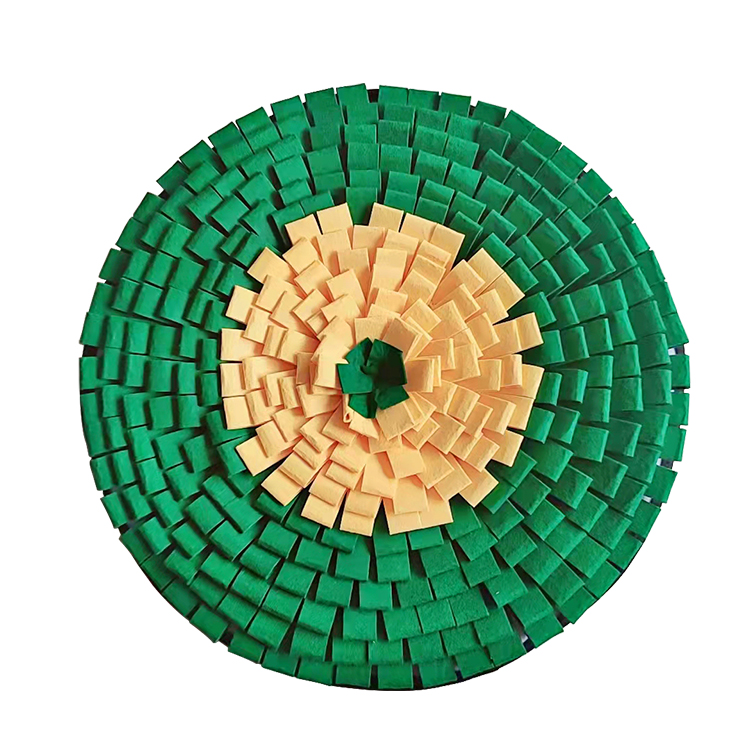The Importance of Felt Acoustic Panels in Sound Management
In contemporary architecture and interior design, the challenge of sound management has become increasingly significant. Noise pollution, whether from urban environments or everyday activities within a home or office, can greatly affect our well-being and productivity. To address these concerns, professionals have turned to innovative solutions, among which felt acoustic panels stand out as a versatile and effective choice.
Felt acoustic panels are designed to absorb sound waves, thereby reducing echo and improving sound clarity within a space. Made from dense, sustainable materials like recycled polyester or natural wool felt, these panels display a remarkable ability to dampen noise effectively. Their unique properties enable them to filter out high-frequency sounds, while also minimizing the transmission of low-frequency noise. This makes them an ideal choice for various settings, including open offices, recording studios, home theaters, and dining areas.
One of the most appealing aspects of felt acoustic panels is their aesthetic versatility. Available in numerous colors, patterns, and designs, these panels can seamlessly blend into any decor style. From vibrant shades that can liven up a creative workspace to neutral tones that complement a minimalist environment, felt panels offer both functional and decorative benefits. Furthermore, their soft texture adds a touch of warmth and comfort, making spaces more inviting.
felt acoustic panels

Installation of felt acoustic panels is typically straightforward, with various mounting options available. They can be hung from ceilings, adhered directly to walls, or arranged in artistic patterns that enhance the room’s overall design. This adaptability not only simplifies the installation process but also allows for creative expression in space design.
Beyond their acoustical benefits, felt panels also contribute positively to environmental sustainability. Many manufacturers prioritize eco-friendly production methods, ensuring that the materials used are recycled or sourced from renewable resources. This commitment to sustainability appeals to both consumers and businesses seeking to reduce their ecological footprint.
Moreover, the sound-absorbing qualities of felt acoustic panels contribute to improved mental well-being by creating quieter environments. Research shows that excessive noise can lead to increased stress and decreased focus. By incorporating these panels into interiors, individuals and businesses can foster a more tranquil atmosphere conducive to productivity and relaxation.
In conclusion, felt acoustic panels serve as an excellent sound management solution, marrying functionality with aesthetic appeal. Their ability to absorb sound, coupled with their ecological benefits, makes them an intelligent choice for those looking to enhance their environment. As awareness of the importance of acoustic management grows, the integration of felt acoustic panels will likely become a staple in modern design, influencing how spaces are experienced and enjoyed.
-
The Versatility Of Acoustic Wall Panels Makes Them Suitable For Various SettingsNewsOct.28,2024
-
More Enjoyable Solutions For Your SpaceNewsOct.28,2024
-
Give You A Comfortable And Quiet EnvironmentNewsOct.28,2024
-
Elevate Your Sound Experience with Acoustic SolutionsNewsOct.28,2024
-
Create Quiet Spaces with Wooden Acoustic PanelsNewsOct.28,2024
-
Achieve Superior Sound Quality And Stylish Design With Felt Wall PanelsNewsOct.28,2024
